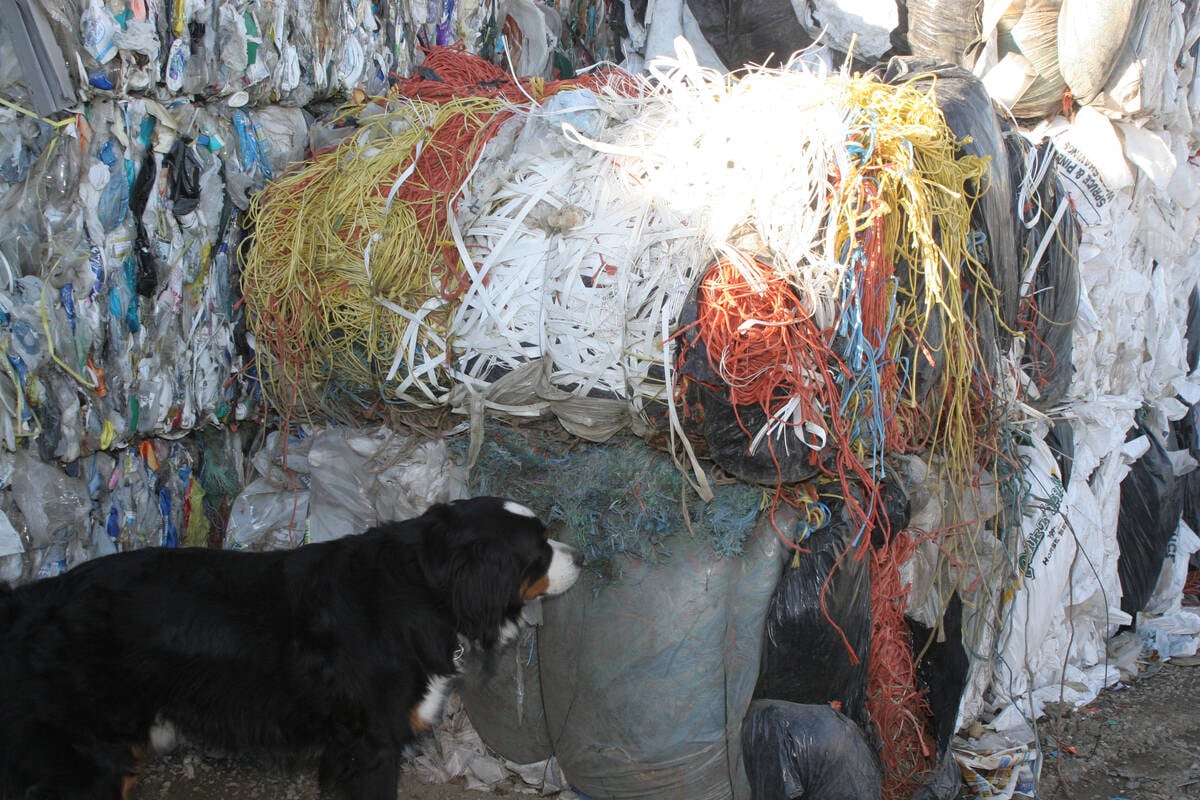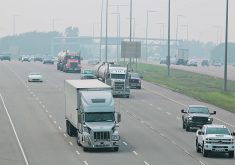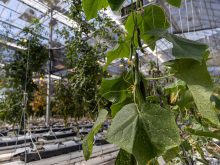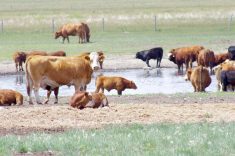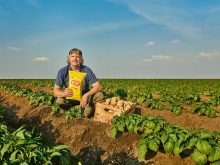Agricultural producers in Alberta have been given an extension for input on plastics management in their operations.
Agricultural plastics producers, service boards, commodity groups, producers, municipalities and waste management and recycling organizations can complete an online survey, with its deadline extended to Oct. 3, to share input on using a regulatory approach for managing agricultural plastics waste.
Agricultural plastics, such as baler twine, grain bags, bale wrap and silage plastic, can cause waste challenges for producers and businesses while leaving lasting environmental impacts.
Read Also
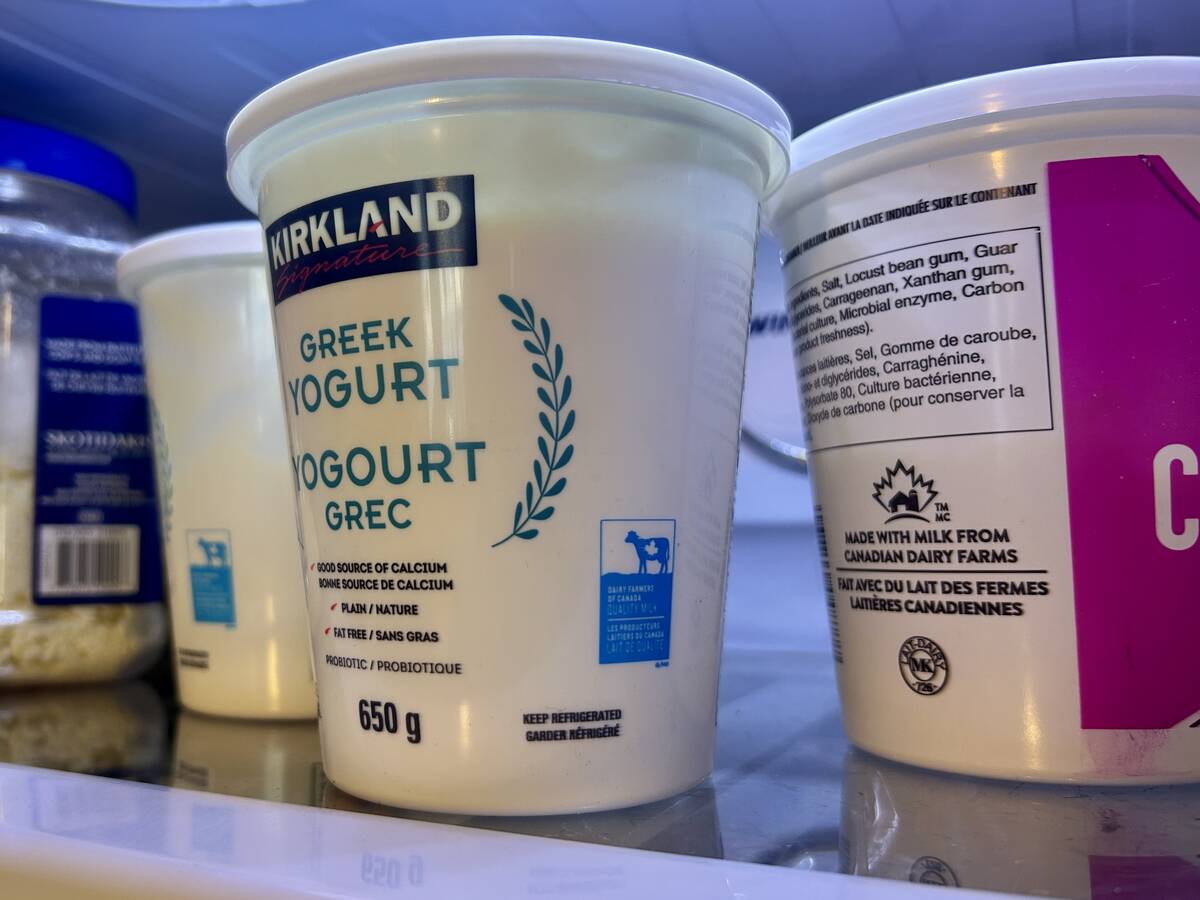
Dairy marketplace faces big changes
Beginning in April, dairy producers will be facing payment changes as processors and industry move to meet consumer demands and trends.
Currently, recycling options for agricultural plastics are limited to certain materials and rely on voluntary approaches or pilot programs.
It’s hoped shifting to a regulatory approach will provide long-term certainty for material management, a level playing field for agricultural plastics producers and economies of scale to better support processing facilities. It would also encourage agricultural plastic producers to develop innovative waste management solutions.
In Alberta, there are currently two regulatory approaches for the end-of-life management of waste materials that can be recycled. The approaches are referred to as extended producer responsibility (EPR) and stewardship. Either of these approaches could be considered to manage agricultural plastics waste, or another regulatory approach could be developed.
Under EPR, material producers are responsible for operating and funding a system to collect, process and recycle the materials they supply into Alberta. The Extended Producer Responsibility Regulation, which came into force in November 2022, provides the framework for EPR systems.
Single-use products, packaging and paper, as well as hazardous and special products, are included in the regulation.
Alberta also regulates end-of-life management of waste materials through regulated stewardship programs.
There are four regulated stewardship programs managed by the Alberta Recycling Management Authority for electronics, paint and paint containers, tires and used oil materials, and one managed by the Beverage Container Management Board for beverage containers.
Under a stewardship program, material producers are responsible for funding, but not managing, a system to collect, process and recycle the materials they supply.
The survey will provide input into:
• Types of agricultural plastics to include.
• Clarifying the description of the obligated plastic producer.
• Material recovery rate targets, service standards for material collection and cost implications.
Input will be considered as part of policy and decision-making on managing agricultural plastics waste through a regulatory approach to provide a long-term solution for agricultural plastics waste.
The survey can be found online. More information can also be requested by e-mail.

